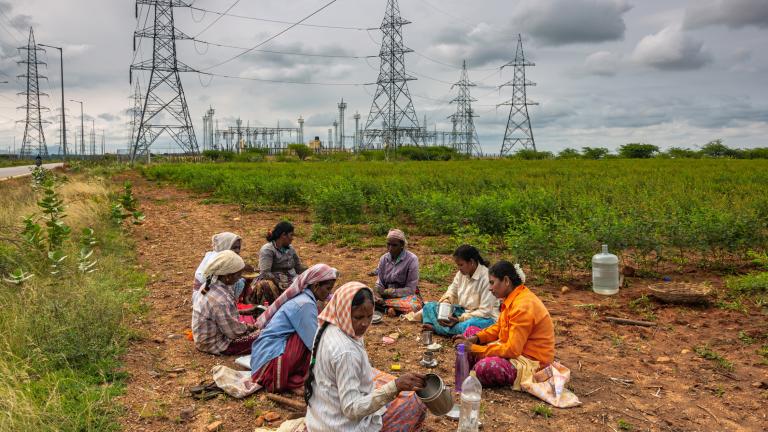
India has officially joined the net-zero pledge club, and its 2070 target presents a reasonable, if challenging, timeline for the country. The commitment was announced by Prime Minister Narendra Modi on November 1 at the COP26 UN climate conference.
While the target date is still decades away, and later than the 2050 goal set by many other countries, experts say it’s an ambitious and meaningful commitment by one of the world’s fastest-developing nations. Now it’s time for wealthier countries that have polluted far more for far longer, like the US, to step up their support for efforts by India and other developing countries to hit their climate goals.
India is currently the third-highest-emitting country in the world. However, it’s also home to 17% of the world’s population, so in per capita emissions, it’s at less than half the global average—well below other top emitters. Tens of millions of people in the country still don’t have access to electricity.
When the historical record is taken into account, India is responsible for less than 5% of cumulative carbon dioxide emissions (the US accounts for 20%, more than any other country). “If one wanted to apportion fair carbon budgets, India would be viewed as a true hero,” says Rahul Tongia, a senior fellow at the Center for Social and Economic Progress in New Delhi.
Regardless, Modi’s announcement was a pleasant surprise to some researchers, says Ulka Kelkar, an economist and climate director of the World Resources Institute India. The goals are “clear upgrades” from previous targets, she says, and few expected a net-zero pledge from India at this year’s conference.
Read the full article at: https://www.technologyreview.com/2021/11/03/1039198/india-un-cop26-net-zero-climate-pledge/





